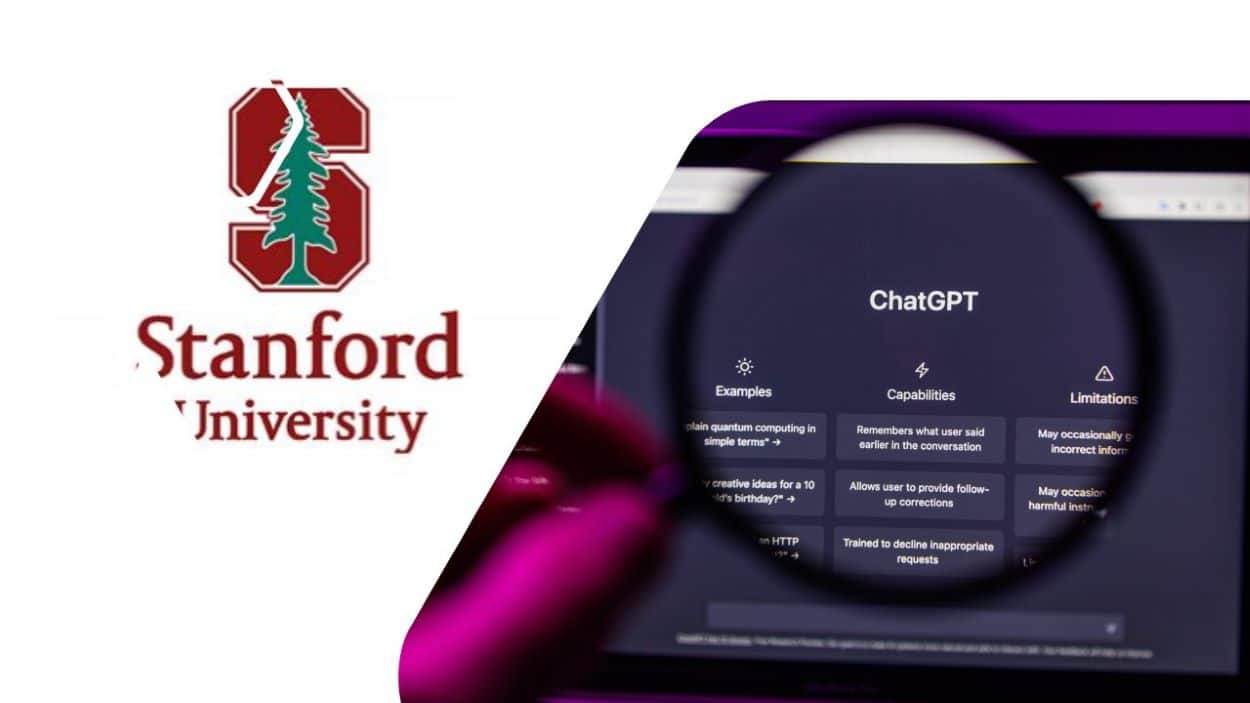A Stanford University study conducted an anonymous survey in 40 US high schools to assess the impact of ChatGPT on cheating behaviours.
Contrary to initial worries, the study found that cheating rates have remained steady, with 60% to 70% of students engaging in such behaviours, consistent with previous years. This suggests that the introduction of ChatGPT has not significantly altered the landscape of academic integrity among high school students.
The study revealed that only 19% of teenagers between 13 and 17 years old have used ChatGPT for schoolwork, indicating a relatively low adoption rate among this age group.
Stanford’s faculty lead for AI and education, Victor Lee, pointed out that while there are instances of AI being used for cheating, these cases are isolated and do not significantly impact the overall cheating rates. Students have mixed views on ChatGPT; some see its potential for idea generation but not for writing complete papers.
The research underscores the importance of including student voices in discussions about AI in education. It recognizes their valuable insights and perspectives on how AI, like ChatGPT, shapes learning experiences.
Additionally, the study observes a shift in some schools’ approaches to AI, with educators now teaching students to use AI tools effectively to enhance their learning. This evolving landscape indicates a growing recognition of AI’s role in education, potentially reshaping attitudes and practices in the future.






